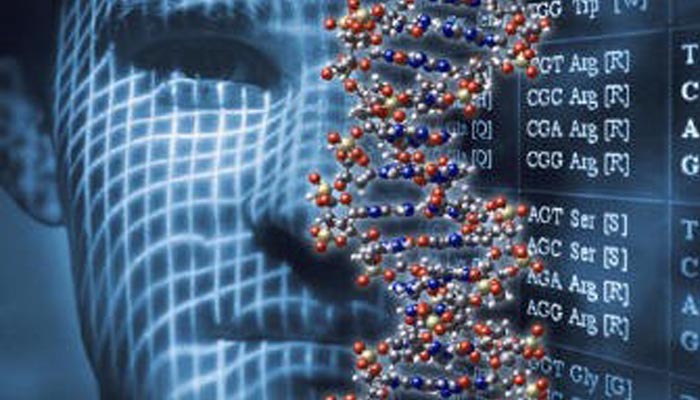TRENDING TAGS :
China has successfully delivered its first genetically modified twins!
In his research Jiankui altered embryos of seven couples during their fertility treatments, with only one pregnancy resulting thus far.
 Saima Siddiqui
Saima Siddiqui
Lucknow: After human cloning China has now engineered a new tool to genetically modify human genome. As claimed by a Chinese scientist, Jiankui He, from a university in Shenzhen, on Sunday that he has made the world's first genetically edited twin girls.
Jiankui altered the DNA of two embryos using a powerful new tool, CRISPR-Cas9 genome editing technology. He removed the CCR5 gene, which is responsible for HIV virus infections in humans.
ALSO READ: Antibiotics helpful or harmful, the truth has been revealed!
It is to be mentioned that CRISPR stands for 'Clustered Regularly Interspaced Short Palindromic Repeats', a technology which is use to make precise and targeted changes to the genome of living cells.
The researcher said he practiced editing mice, monkey and human embryos in the lab for many years and also has applied for patents on his methods.
He said he chose embryo gene editing for HIV because these infections are widespread in China.
In his experiment he worked on men with HIV infection while women participants were all healthy. He sought to disable a gene called CCR5 that forms a protein doorway that allows HIV virus responsible for AIDS, to enter a cell.
This is how CRISPR works:
The gene editing occurs during 'In vitro fertilisation' (IVF), or lab dish fertilization. Firstly, the sperm is "washed" to separate it from semen, where HIV virus can lurk. After separating it from semen single sperm is then placed into a single egg to create an embryo. This is when the gene editing tool is applied.
When the embryo is 3 to 5 days old, few cells are removed and checked for editing.
ALSO READ: Manage your diabetes by adding these bitter food items to your diet
In his experiment Jiankui edited 16 of 22 embryos and 11 embryos were used in six implant attempts before the twin pregnancy was achieved. He also provided couples the liberty to choose whether to use edited or unedited embryos for pregnancy attempts.
He said that his tests suggest that one twin had both copies of the intended gene altered and the other twin had just one altered, with no evidence of harm to other genes. He further added that people with one copy of the gene can still get HIV.
However, many mainstream scientists still find it too unsafe to try, and some have also denounced the Chinese report as 'human experimentation'.
Many experts from the field have showed their concern over disabling the CCR5 gene. One of them has said even if editing worked perfectly the people without normal CCR5 genes will face higher risks of getting other viruses, such as West Nile, and may die from the flu. He further said, "since there are many ways to prevent HIV infection and it is also curable but other medical risks involved in such genetic engineering are a matter of concern."
ALSO READ: China makes its own ‘Artificial Sun’ three times hotter than the real Sun
A U.S. scientist who also the part of the project said that such kind of gene editing is banned in the United States as it contains many risks such as the DNA changes can pass to future generations and could also harm other genes.
In his research Jiankui altered embryos of seven couples during their fertility treatments, with only one pregnancy resulting thus far.
He also said that his goal was not to cure or prevent an inherited disease, but to enable human DNA to resist possible future infection with HIV, the AIDS virus.
"I feel a strong responsibility that it's not just to make a first, but also make it an example," he told media.
He also said that such sciences thrive on social acceptance, "Society will decide what to do next."
With CRISPR many deadly diseases could be cured and human DNA can be genetically treated but it can also open doors to several genetic mutation resulting in cancers.



